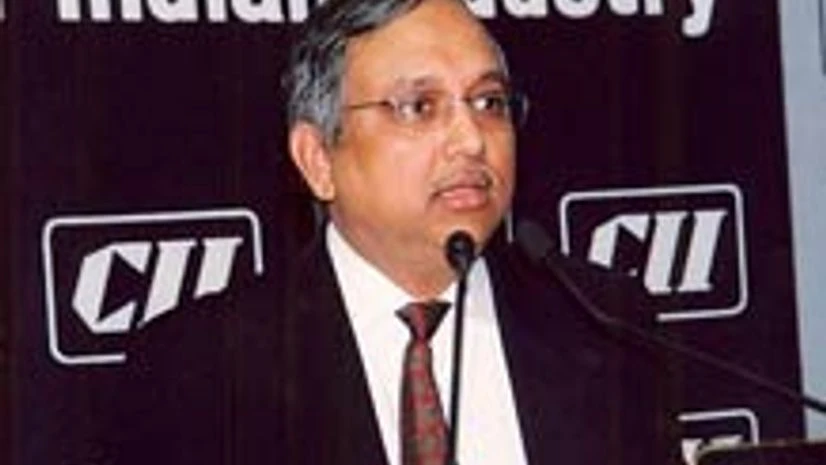Disappointed with the RBI's move to hold policy rates, India Inc today said the central bank should have slashed the benchmark rate to address risks to economic growth accruing from weak demand conditions which are holding back investments, as cost of capital remains high.
"CII is of the view that the policy of frontloading the interest rate cuts should have been allowed to continue," CII Director General Chandrajit Banerjee said.
He added that credit demand is weak and corporates and banks are grappling with a large number of stressed assets, particularly in the infrastructure sector.
"A cut in interest rate in such a situation would have done much to restore the investment cycle," Banerjee noted.
However, going forward, CII said it expects the spotlight to shift towards growth and the RBI to resume monetary easing in its next monetary policy when there would hopefully be much more clarity about the inflation trajectory, the normalcy of monsoons and the possible US Federal Reserve actions.
FICCI President Jyotsna Suri said, "The decision of the central bank to keep the policy rate unchanged is disappointing for the industry. Given that the industrial growth still remains volatile and demand conditions have not seen much improvement, there is a need to give policy stimuli to encourage demand and investments."
The Reserve Bank today kept its policy rates unchanged, with governor Raghuram Rajan saying that the headline inflation is at elevated levels and banks are yet to pass on the full benefits of previous rate cuts.
RBI has cut the rates thrice so far in 2015 by 25 basis points each in January, March (both off-policy moves), and during the June policy.
Accordingly, the repo rate at which the RBI lends to the system, will continue to be unchanged at 7. 25 per cent and the cash reserve ratio, which is the proportion of deposits banks have to park with the central bank, will remain 4 per cent.
"India Inc is surely disappointed with the RBI not announcing any cut in the policy interest rates, which have become one of the biggest drags on the balance sheets of the corporate," Assocham Secretary General DS Rawat said.
Exhorting the RBI to take full advantage of the cheap commodity prices, including the fuel and go in for some "bold moves" in interest rates, Rawat said that would have helped revive the consumer demand and in de-leveraging the balance sheets.
Engineering exporters' body EEPC India said the high cost of borrowing, coupled with increasing number of loans turning into NPAs, have pushed manufacturer exporters in a "vicious circle".
"It is time the government intervened to announce some important measures to mitigate exporters' pain, else exports would fall far short of even $300 billion in the current fiscal, against $310 billion in 2014-15," EEPC India Chairman Anupam Shah said.

)
